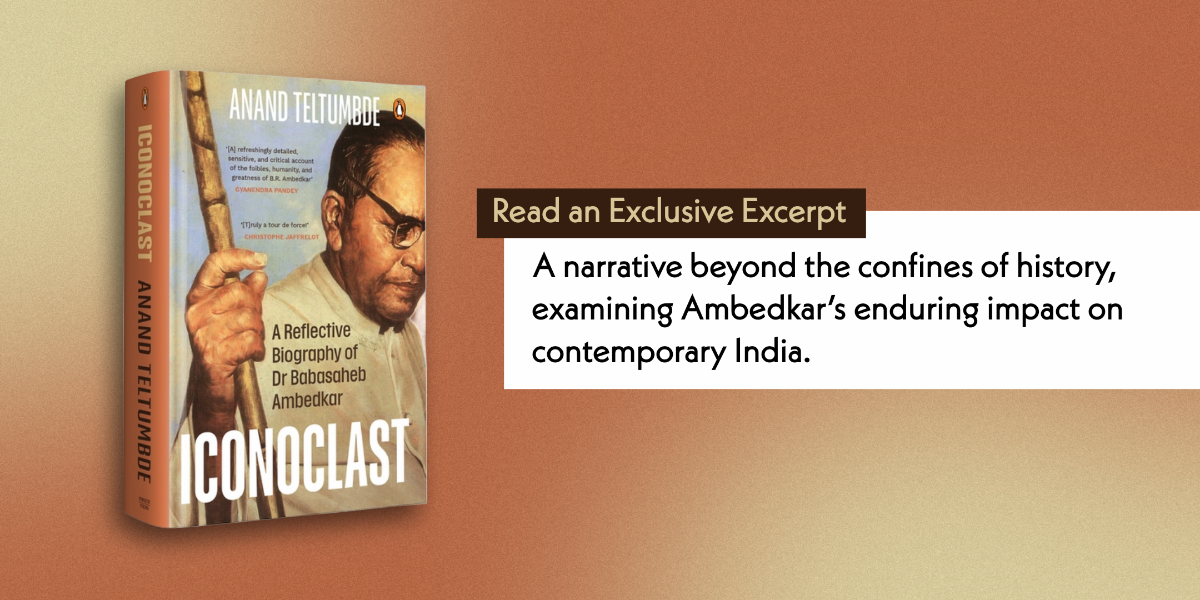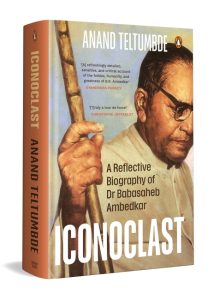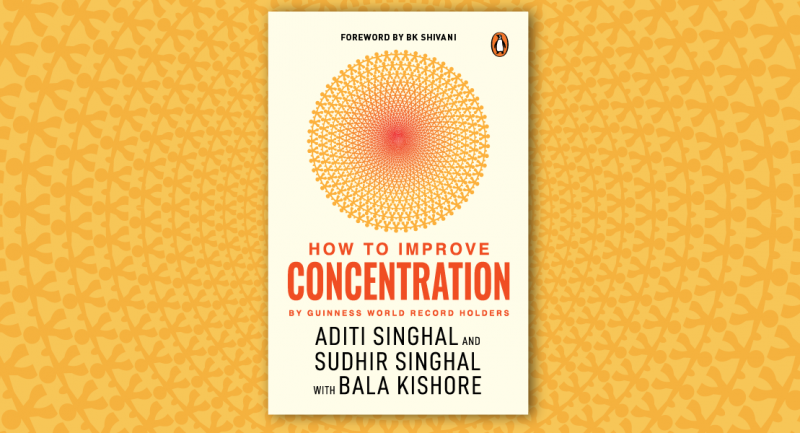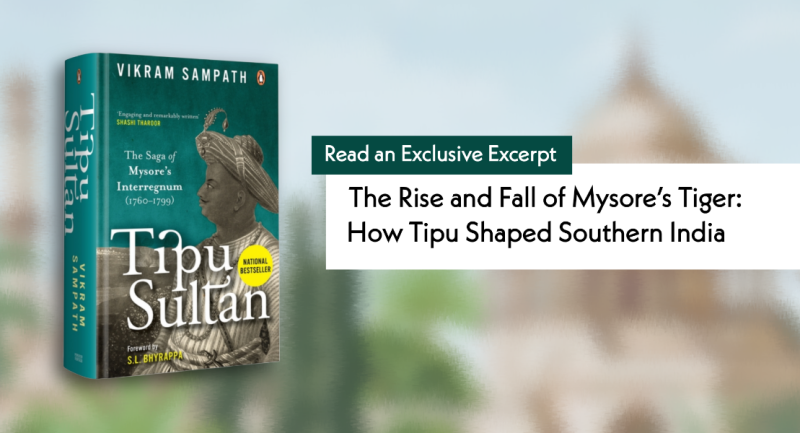
In Iconoclast, Dr Anand Teltumbde, a distinguished public intellectual and leading authority on the Dalit movement, presents a groundbreaking biography of Dr B.R. Ambedkar.
Read the excerpt to know more.

Iconoclast
Anand Teltumbde
Ambedkar did not have any use of temple entry. He was convinced that if the untouchables made progress in the economic, educational and political fields, temple entry would follow automatically. On 12 February 1933, Ambedkar issued a famous statement on the temple entry Bills. In the statement, Ambedkar observed, ‘[T]he surest way for their [Untouchables’] salvation lies in higher education. higher employment and better ways of earning a living. Once they become well placed in their social life, they would become respectable; and Once they become respectable the religious outlook of the orthodox towards them is sure to undergo a change and even if this does not happen it can do no injury to their material interest.’50 He further said, ‘What is required is to purge it [Hinduism] of the doctrine of Chaturvarnya. This is the root cause of all inequality and is also the parent of the caste system and untouchability which are merely other forms of inequality. Unless it is done, the Depressed Classes will reject not only the temple entry but also the Hindu faith. For to accept the temple entry and be content with it, is to compromise with evil, and to barter away the sacredness of human personality that dwells in them.’ In response, Gandhi simply said that he was unable to agree with the statement.
Kamptee Congress
The political movement for Independence from British imperialism had picked up momentum during 1928–30. However, the Congress that led the movement was not prepared to concede the demands of the Untouchables for religious and social freedom.
In order to explain the developments, he organized the All India Depressed Classes Congress at Kamptee from 8 to 9 August 1930. It was widely attended by representatives of the Untouchables from different provinces of British India. He delivered a pre-printed thirty-four-page-long presidential address.52 It exhaustively dealt with issues faced by the Depressed Classes under eight sub-heads: 1) the problem of self-government in India; 2) conditions of the problem; 3) safeguards for the Depressed Classes; 4) depressed Classes and the Simon Commission; 5) Depressed classes and Swaraj; 6) Depressed Classes and Civil Disobedience; 7) Organization of the Depressed Classes; and 8) Uplift of the Depressed Classes. He posed the question—whether India could become a united self-governing community and answered it himself affirmatively. Giving examples of many countries in Europe that came into being after the close of the First World War—such as Latvia, Rumania, Lithuania, Yugoslavia, Estonia, Hungary, Czechoslovakia, etc.—each one of which had multidimensional heterogeneity of population, not unlike India, he averred, ‘. . . if the ideal is that India should be a united nation, I venture to say, self- government would be the most potent instrument for the realization of this ideal.’ He, however, cautioned that ‘if India did not recognize the hard facts of Indian society, the strings of political power will be in the hands of the ambitious members of the upper strata of Indian society drawn from the high-placed, well-educated and opulent castes, i.e., in the hands of aristocracy of wealth, education and social standing’. In this determinism, there would be no place for merit or ability as what counted was kinship. Its effect, he forewarned, was bound to put members of the smaller communities at a formidable disadvantage and might indeed shut them out from political power forever. It would be most pernicious to the Depressed Classes. Internalization of such an order of ‘the ascending scale of reverence and a descending scale of contempt’, will have a disastrous impact on their struggle for political power.
Ambedkar exhorted the Untouchables to prevent it by all means, consistent with their aim. Referring to the movement for Independence spearheaded by the Congress, he argued that the Depressed Classes should not be content with the ‘mere change of masters’. Referring to the ethos of the Independence movement that ‘no country is good enough to rule over another, he stressed that the proposition extends to say that no class is good enough to rule over another’. He explained his apprehension that the aristocracy could not be trusted with political power as ‘the root notions of democracy on the operation of which alone self-governing India can be safe for the masses, run counter to all the ideas which for thousands of years have formed and do form even today the common stock of their beliefs’. He castigated the aristocracy in India for its insensitivity towards fifty to sixty million Untouchables, who endured the curse and calamity unknown in any part of the world, and a similar population of aboriginals and hill tribes who are left to roam about in a nomadic and barbarous state. He therefore emphasized the scheme for the protection of minorities to be instituted in the Constitution as was done by most countries that were born after the First World War.
***
Get your copy of Iconoclast by Anand Teltumbde on Amazon or wherever books are sold.









